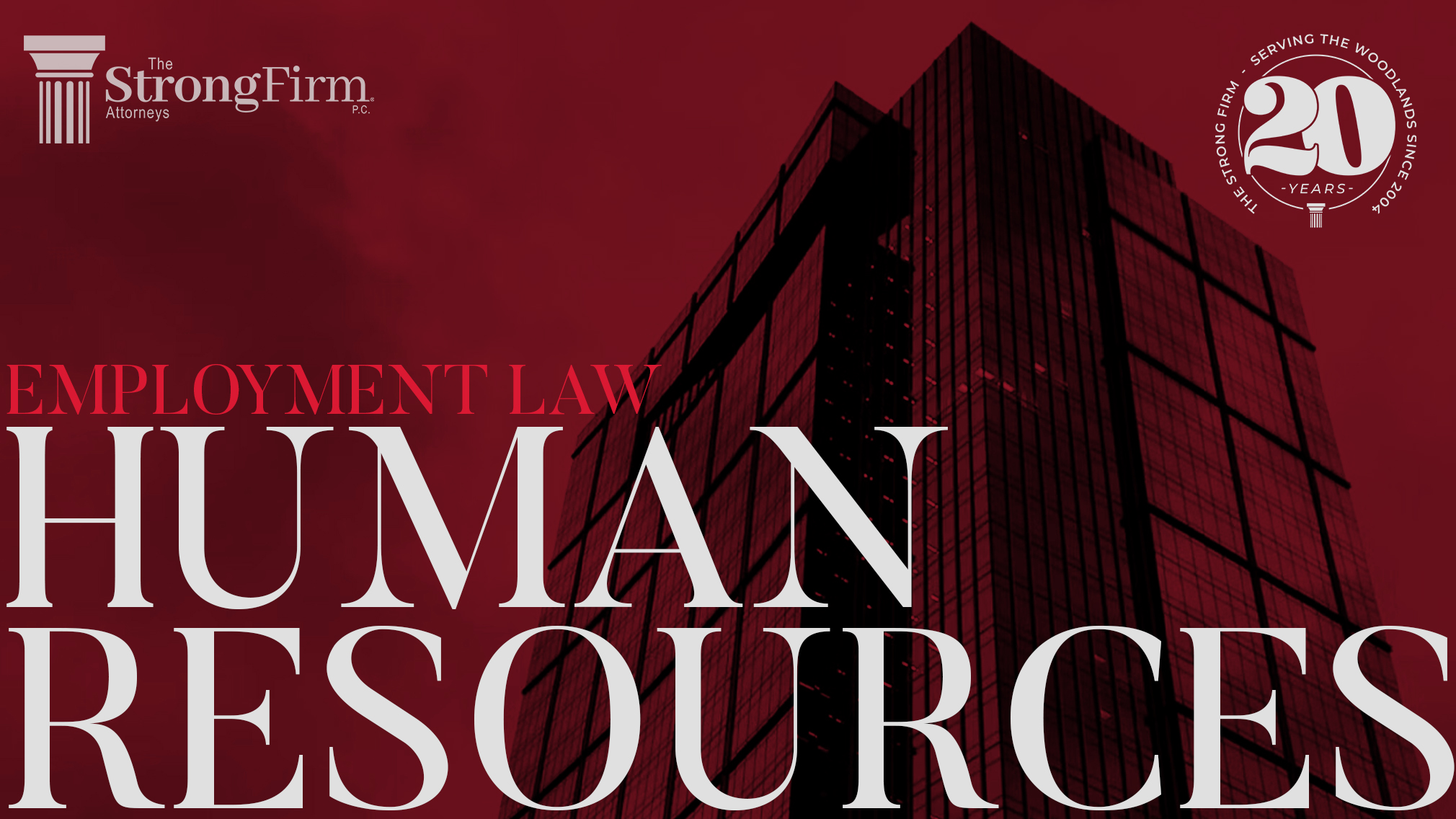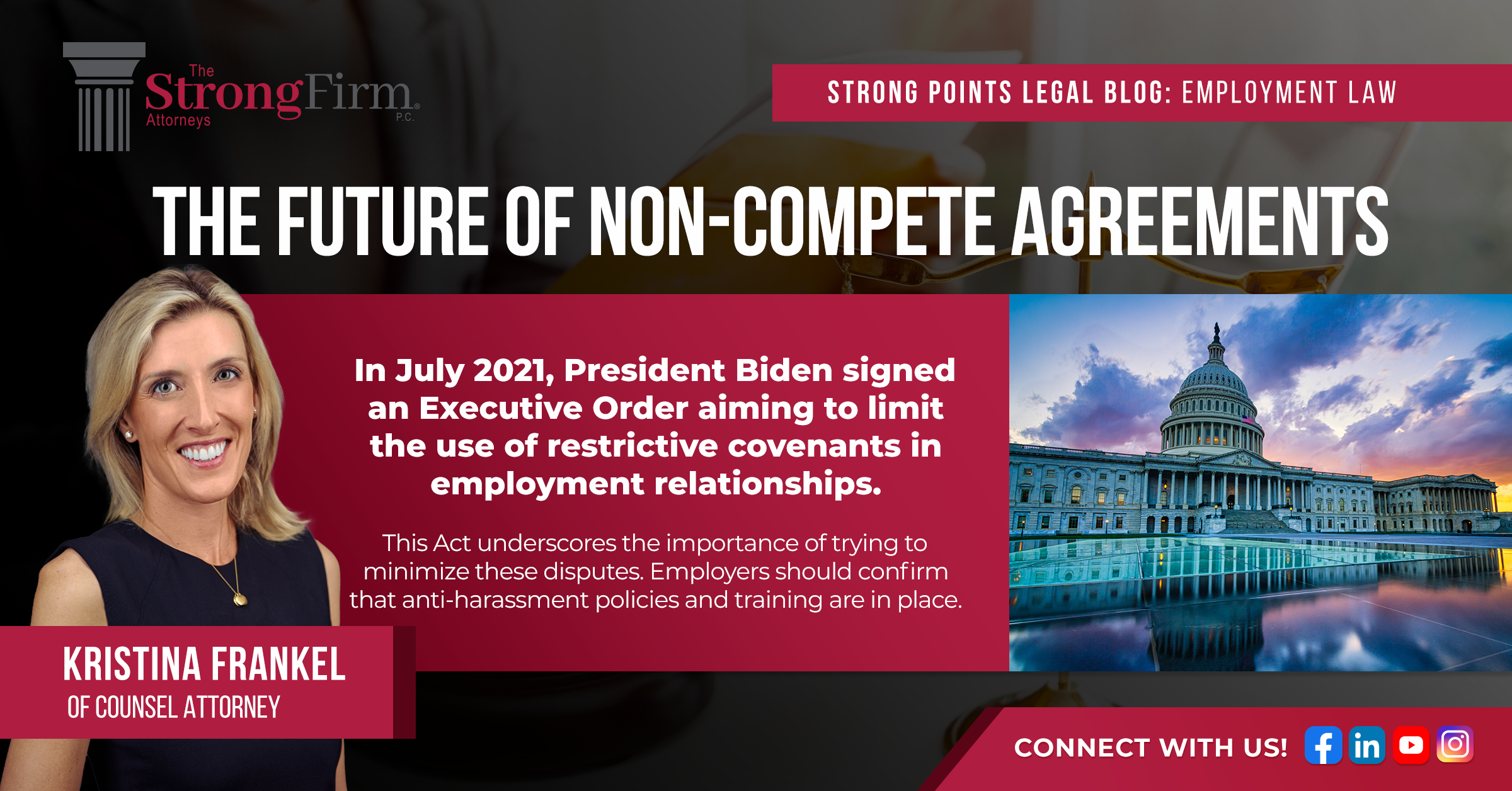A rise or fall in the economy. An adverse legal judgment. Unexpected bills or lack of payments from business partners. A natural disaster. Small businesses face financial blows like these all the time and end up asking the same question: Should my small business consider filing bankruptcy?
Bankruptcy is a legal process for individuals and businesses to use as a means to eliminate or repay debts under the protection of the federal bankruptcy court system.
Before filing for bankruptcy relief, a small business owner should consider these questions:
- Is there another option to filing bankruptcy? Some businesses may have work-out options available with their creditors that will allow them to avoid the bankruptcy process. Believe it or not, it is not always in the best interest of a creditor for their business partner to file bankruptcy.
- Do I need immediate protection of the automatic stay? As soon as the bankruptcy is filed, the debtor is protected by the “automatic stay.” Essentially, this means that creditors who are owed money by the debtor-business are automatically stopped from any payments or attempting to collect payments. Bankruptcy may provide immediate relief to a business who is facing aggressive creditors or collectors.
- Do I want to reorganize or liquidate the business? Liquidation is a means to sell off the assets of the business and pay creditors by priority. Reorganization is a means for paying back creditors by priority and, possibly, restructuring the business. A small business owner must decide what is the end goal.
There are three different types of bankruptcies available to small businesses, depending on the business form and the end goal. For a sole proprietorship, where the owner is responsible for all assets and liabilities of the business, Chapter 7, Chapter 11 or Chapter 13 of the Bankruptcy Code are options. For a corporation or partnership, only Chapter 7 or Chapter 11 are options. The “chapter” that a business files under (i.e. 7, 11 or 13) determines how the case will be administered, as well as the rights of the debtor (entity filing bankruptcy) and creditor(s).
- In Chapter 7, the debtor-business intends to liquidate and the business has no future. A trustee is appointed by the bankruptcy court to take over control of the assets of the debtor-business and distributes the assets among the creditors. After the assets are distributed, the debtor-business receives a bankruptcy “discharge.” A “discharge” is an order from the court that releases the debtor-business from liability for certain specified types of debts, in turn releasing the debtor-business from legal obligation to pay any discharged debts.
- In Chapter 11, the debtor-business intends to reorganize and continue business operations. The debtor-business must create a plan of reorganization for how the debtor-business will pay its debts. The plan must be approved by the bankruptcy court. Upon confirmation of the plan of reorganization, the debtor-business receives a bankruptcy discharge.
- In Chapter 13, a debtor-business intends to reorganize and continue business operations. Chapter 13 (somewhat similar to Chapter 11) allows the debtor-business to file a plan of reorganization which proposes how and when the debts of the debtor-business will be repaid. Upon completion of the plan payments, the debtor-business receives a bankruptcy discharge.
At the end of the day, bankruptcy is a harsh reality that many small businesses face. The fact that it is common does not make it any easier, though. Fortunately, there are trained professionals who can guide you through the process and help you achieve your legal goals.
If your small business is facing financial difficulties, contact a competent bankruptcy attorney to discuss options and a plan of action for financial relief.




























